NVIDIA has released new open models and simulation libraries to speed up robotics research and development worldwide.
Key updates include:
- The open-source Newton Physics Engine, codeveloped with Google DeepMind and Disney Research, now in NVIDIA Isaac Lab for more accurate and flexible robot simulations
- NVIDIA Isaac GR00T N1.6, a foundation model for robot reasoning that can break down complex instructions using prior knowledge and common sense
- NVIDIA Cosmos world foundation models, helping developers generate large and diverse datasets for training physical AI at scale
Global universities such as Stanford, ETH Zurich and the National University of Singapore are already working with these tools, while leading robot developers including Boston Dynamics, Agility Robotics, Figure AI, Franka Robotics and Techman Robot are adopting NVIDIA Isaac and Omniverse technologies.
Newton introduces a new benchmark for physics simulation, enabling humanoid robots to learn in realistic conditions and transfer skills safely into the real world. Isaac GR00T N1.6 now integrates Cosmos Reason, which improves robot understanding of vague commands and supports tougher tasks like opening heavy doors. Cosmos world models further accelerate data creation with new updates for video generation and simulation quality.
NVIDIA also introduced new workflows for dexterous grasping and a joint project with Lightwheel on Isaac Lab Arena, an open evaluation framework for large-scale robotic skill testing.
To power these advancements, NVIDIA announced infrastructure spanning the GB200 NVL72 system for cloud AI training, RTX PRO Servers for simulation and robot learning, and Jetson Thor for real-time multi-AI workloads on robots.
NVIDIA’s work was featured in nearly half of the accepted papers at CoRL 2025, showing its growing role in shaping the next generation of physical AI research.



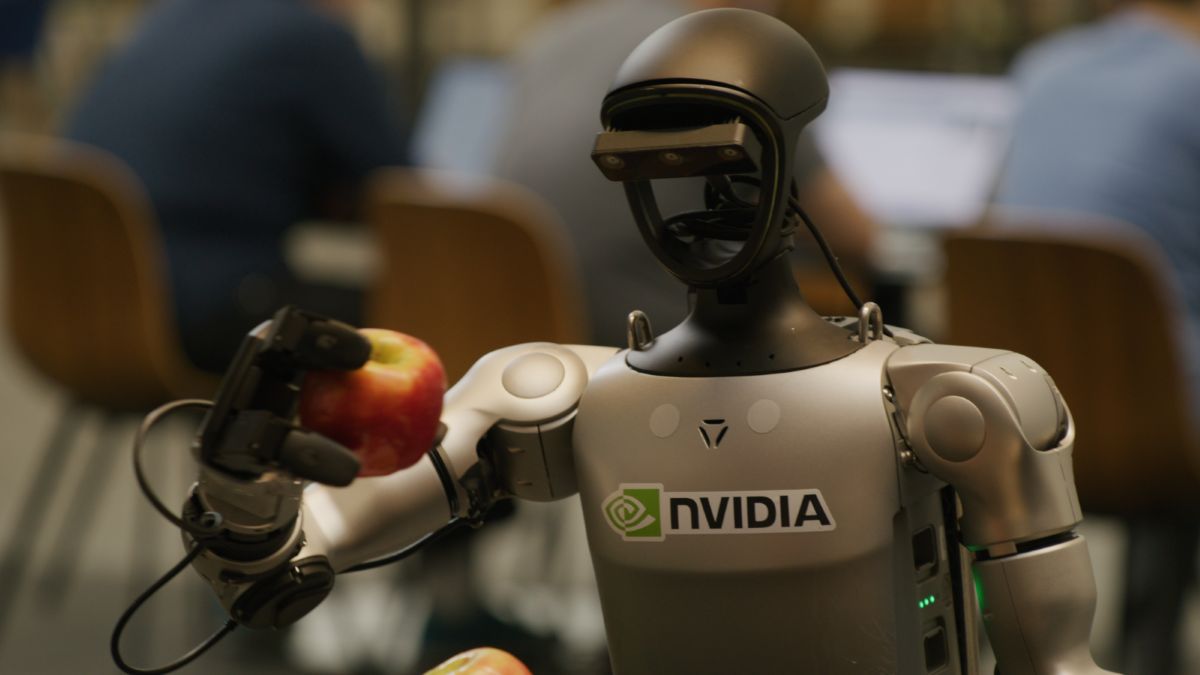


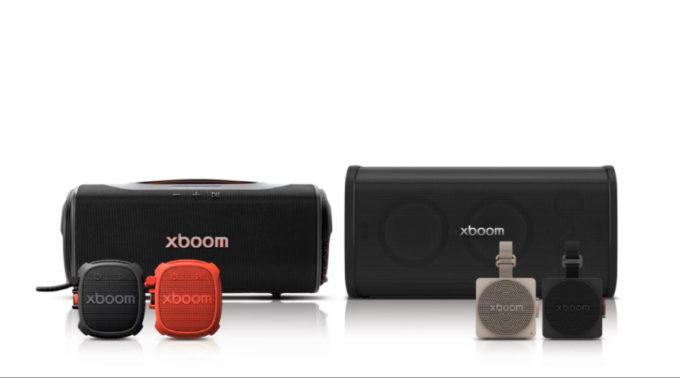

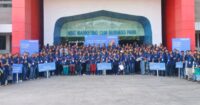





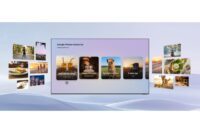
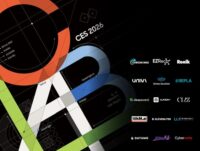

Leave a comment